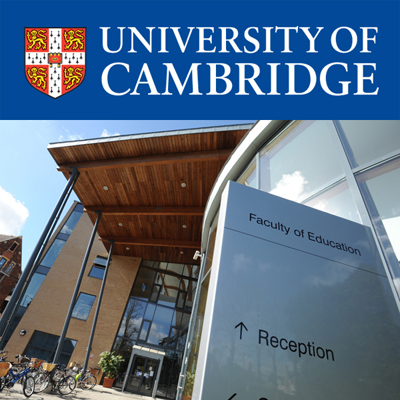National Qualifications, Frameworks and Learning
Duration: 39 mins 45 secs
Share this media item:
Embed this media item:
Embed this media item:
About this item

| Description: | Dr Liz Winter talks about a case study of the Unified National Test (UNT) in Kazakhstan. |
|---|
| Created: | 2013-03-01 12:27 | ||
|---|---|---|---|
| Collection: | Kazakhstan programme open seminar series | ||
| Publisher: | University of Cambridge | ||
| Copyright: | Dr Liz Winter, Kazakhstan Programme, Faculty of Education | ||
| Language: | eng (English) | ||
| Keywords: | National Qualifications; Unified National Test; UNT; Kazakhstan; | ||
| Credits: |
|
||
| Abstract: | Apart from having meaningful qualifications with which to leave school, transition from schooling to further study is a vital part to any education system. To this end, this paper asks how well this process is currently being managed in Kazakhstan by means of its terminal school examination and selection mechanism for Higher Education, the Unified National Test (UNT). Although the research question centres upon Kazakhstan as a case study, its objectives are wider in providing insight to this vital transition in any educational system when often the stakeholders’ roles in the design process are potentially disjointed, uninvited or unclear.
The paper explores how wholesale educational reform attends to transitions as well as the individual components of an educational system particularly in how a proposed lead on reform to Higher Education through the Bologna Process (2001) pans out elsewhere in education. This allows broader application of the paper to other post-soviet nations (Bethell & Zabulionis, 2012) in which educational values are shifting from assessment through knowledge content to alternative models of an “outcome-orientated” (UNESCO, 2012, p8) or “learning-outcomes” (EQF, 2008) approach. |
|---|---|

